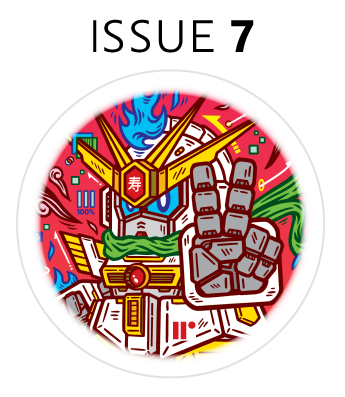|
MENTORSHIP RECIPIENT
Recipient Reflection
Zenas Ubere |
CollageNonfiction by Zenas Ubere
Around the globe, there is a shared tension. A novel coronavirus is at large, running amok, pausing the world, crashing stocks, depressing economies, killing people, breaking hearts, making toilet paper, nose masks, and hand sanitizers sell. And in most countries, interstate travel and international flights are restricted. |




